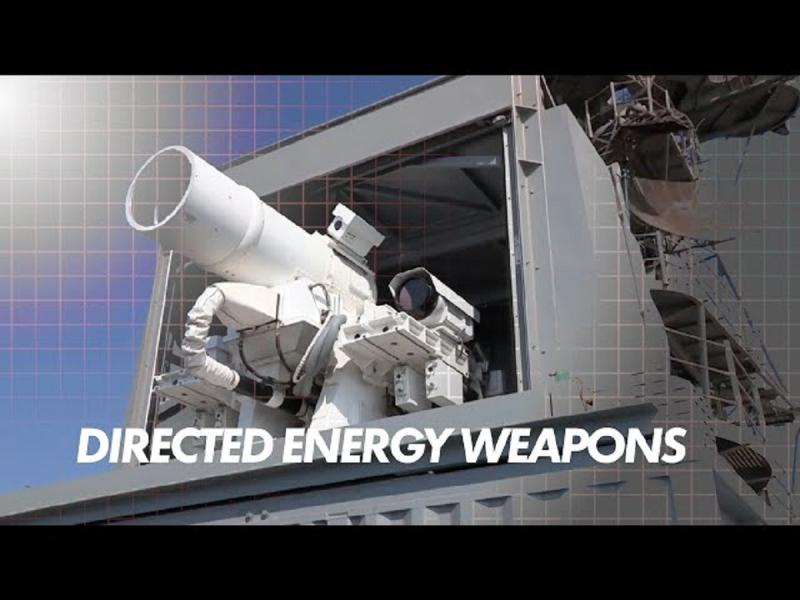An adviser to Iran’s supreme leader warned that if Israel launches a full-scale offensive against Hezbollah, it risks a regional war in which Tehran and the “Axis of Resistance” would support the Lebanese militant movement “by all means”.
Kamal Kharrazi, foreign policy adviser to Ayatollah Ali Khamenei, told the Financial Times that the Islamic Republic was “not interested in a regional war” and called on the US to put pressure on Israel to prevent further escalation.
Asked whether Iran would militarily support Hezbollah – its main and most powerful proxy – in the event of a full-scale conflict, Kharrazi replied: “The entire Lebanese people, the Arab countries and the members of the Axis of Resistance will support Lebanon against Israel.”
“There is a possibility of the war spreading to the entire region, in which all countries, including Iran, would get involved,” he said in an interview. “In this situation, we would have no choice but to support Hezbollah with all means.”
He added: “Expanding the war is in no one’s interest – neither Iran nor the United States.”
Tensions between Iran, the United States and Israel have escalated since the October 7 Hamas attack and Israel’s retaliatory offensive in the Gaza Strip, with Iran-backed militant groups launching attacks against the Jewish state and US troops in the region.
Cross-border shelling between Hezbollah and Israel occurs almost daily, Houthi rebels in Yemen attack ships in the Red Sea and fire drones and missiles at Israel, and in Iraq and Syria, Shiite militants attack US troops and fire missiles at Israel.
In April, Iran and Israel also launched mutual missile attacks. This was the first direct Iranian attack on Israel from its own soil. However, both sides tried to reduce tensions. The respective attacks were well-measured and caused only limited damage.

But in recent weeks, amid increasingly belligerent rhetoric from both camps, fears of a full-scale war between Israel and Hezbollah have increased and raised concerns in the West about Iran’s response.
Iran’s UN mission warned on Friday of a “devastating war” if Israel launched an offensive against Hezbollah and said “all options” were on the table.
Another Iranian official told the FT that Iran was unlikely to attack Israel directly, but would instead mobilise the network of Iran-backed militant groups across the region that form the axis of resistance.
The concerns come as Iranians prepare for a new government after President Ebrahim Raisi was killed in a helicopter crash in May. A presidential runoff is scheduled for Friday after no candidate received more than 50 percent of the vote in the first round on June 28.
Voters must choose between reformer Masoud Pezeshkian, who seeks a renewed rapprochement with the West to secure the lifting of sanctions, including those imposed because of Tehran’s nuclear ambitions, and Saeed Jalili, an ideological hardliner who is hostile to the United States.
Kharrazi said that while there would be “some differences” in approach depending on who wins, the overall foreign policy strategy had been determined by Khamenei and would remain the same.
The election would create an opportunity for “new openings” between Iran and the West, he said. But to achieve this, Western states would have to “move away from current policies and start negotiations with Iran on an equal footing and with mutual respect.”
Kharrazi added: “If they decide to cooperate, we are ready to cooperate.”
The Islamic Republic, under a new government, would be willing to enter into indirect negotiations with Washington over Tehran’s nuclear program if this would lead to the United States rejoining the 2015 agreement between Iran and world powers – the so-called JCPOA, he said.
Iran and the West have been locked in a stalemate since former U.S. President Donald Trump unilaterally withdrew from the JCPOA in 2018 and imposed waves of sanctions on the republic. The Biden administration tried to revive the agreement, but diplomatic efforts failed after the West blamed Iran for rejecting a draft to salvage the deal in August 2022.
The US and European signatories to the JCPOA have since become increasingly concerned about the expansion of Tehran’s nuclear program. Iran has been enriching uranium to a purity of 60 percent – almost weapons-grade – for more than three years. According to experts, the country now has enough fissile material to produce around three nuclear bombs in a matter of weeks.
Senior U.S. and Iranian officials held indirect talks in Oman in February and May to discuss the crisis and regional hostilities.
“We are not in favor of building nuclear weapons,” Kharrazi said, citing a 2003 fatwa by Khamenei banning the development of such weapons. But he said that if Iran faced an existential threat, “of course we would have to change our doctrine.”
He added that if the West were to reinstate UN sanctions that were lifted when Tehran signed the JCPOA in response to the further expansion of Iran’s nuclear program, “there would be a strong reaction from Iran in the form of a change in its nuclear strategy,” the expert said.
“So far we have not decided to go beyond 60 percent enrichment,” he said. “But we have tried to expand our experience by using different machines and different setups.”
The West is also angry about Iran’s sale of armed drones to Moscow, which Russia is using in the war in Ukraine.
Kharrazi insisted that Iran was neutral in the conflict and said it had sold drones to Russia before Moscow’s invasion of its neighbor. Asked about Western concerns that Iran could sell missiles to Moscow, he said: “There have been such allegations, but they are not true.”
However, he said there were “no obstacles between Iran and Russia to arms deals,” adding that Tehran was in negotiations to buy Russian fighter jets.
“We will sign a comprehensive strategic agreement with them in the near future,” Kharrazi said.



